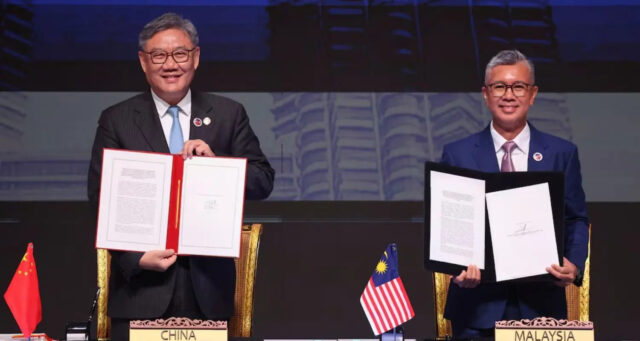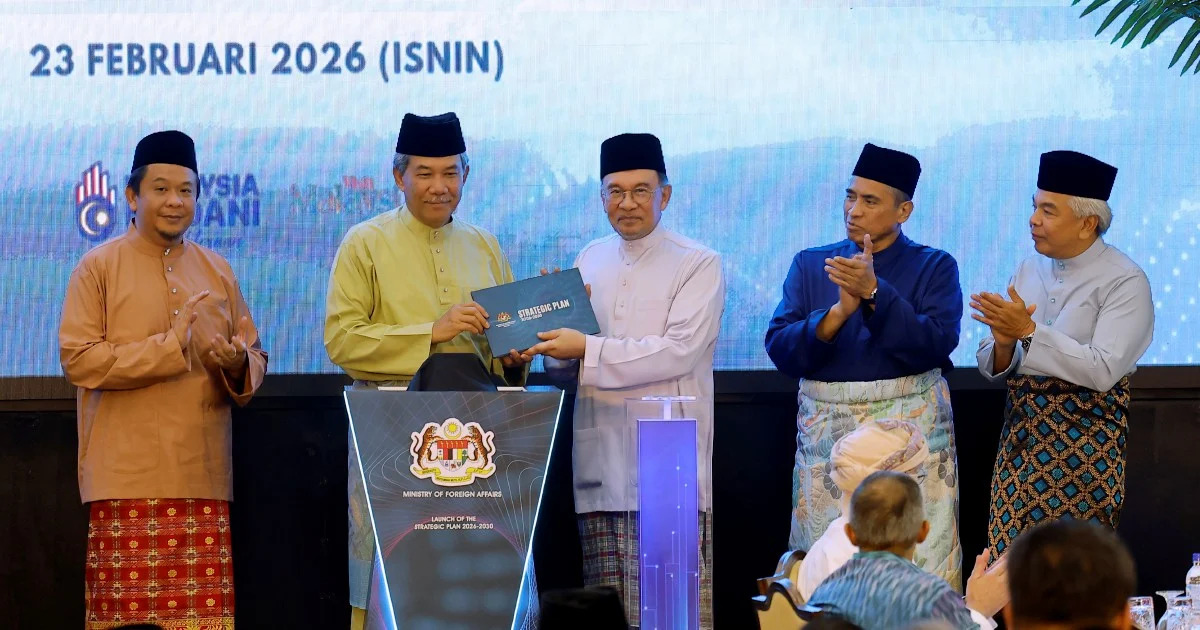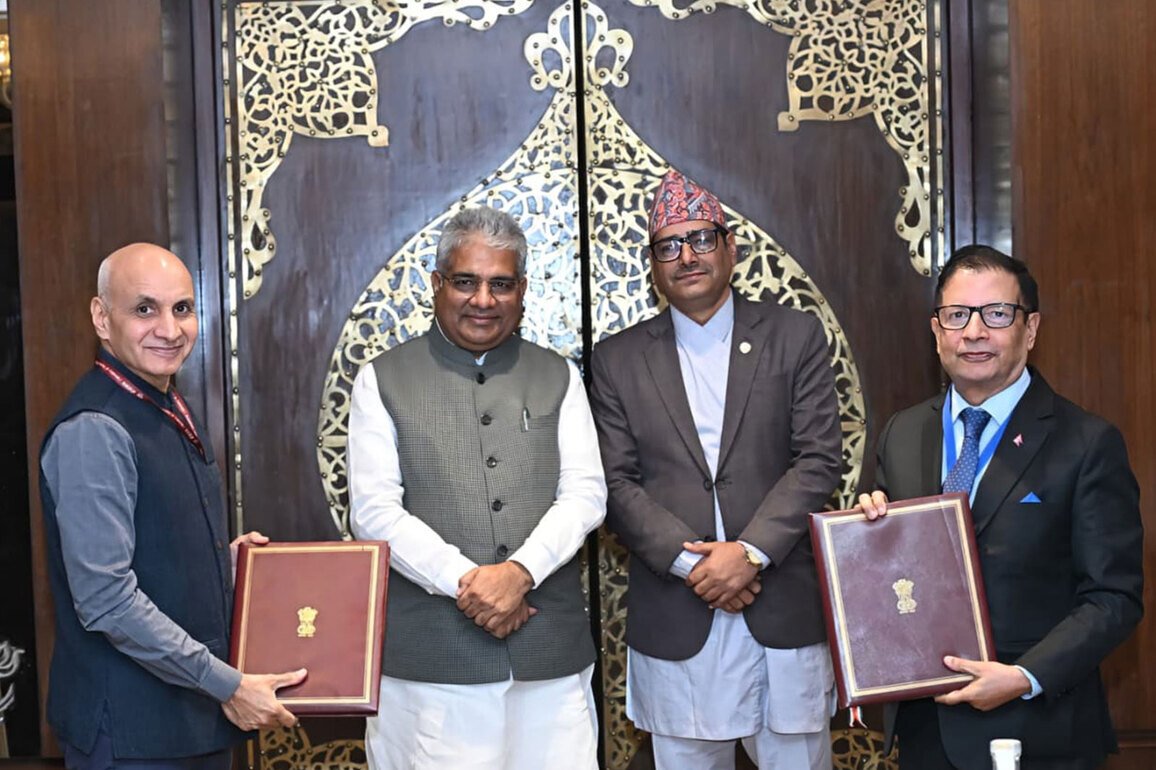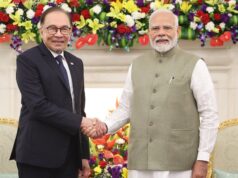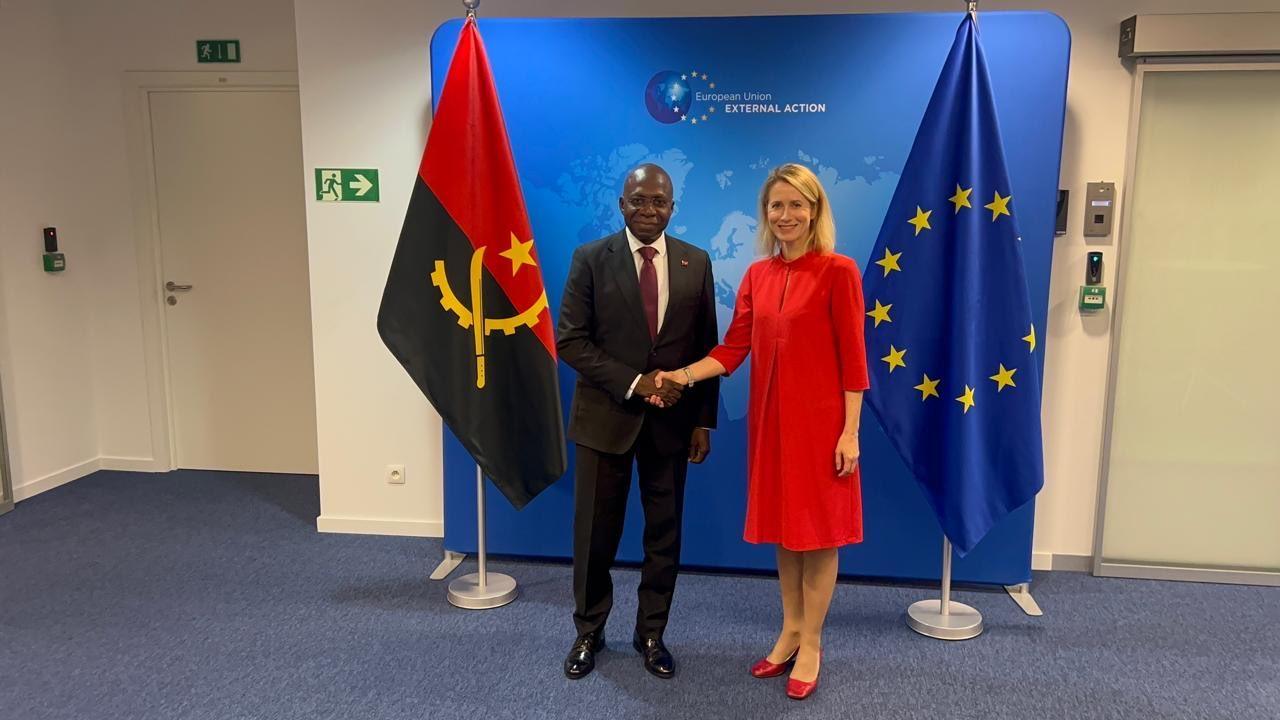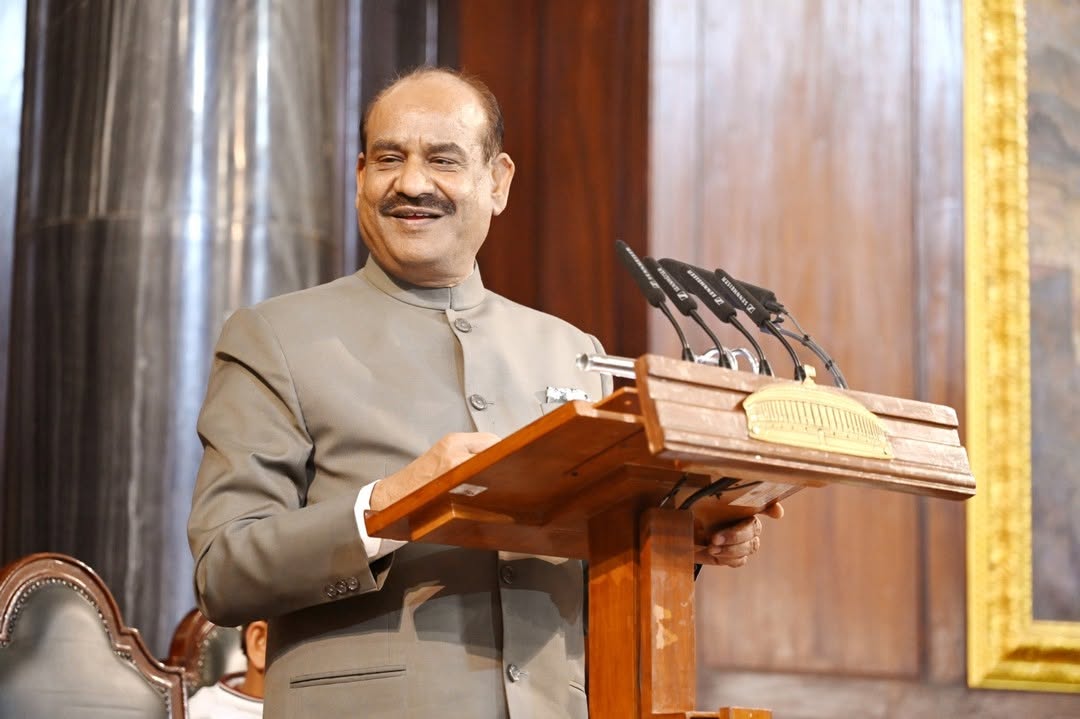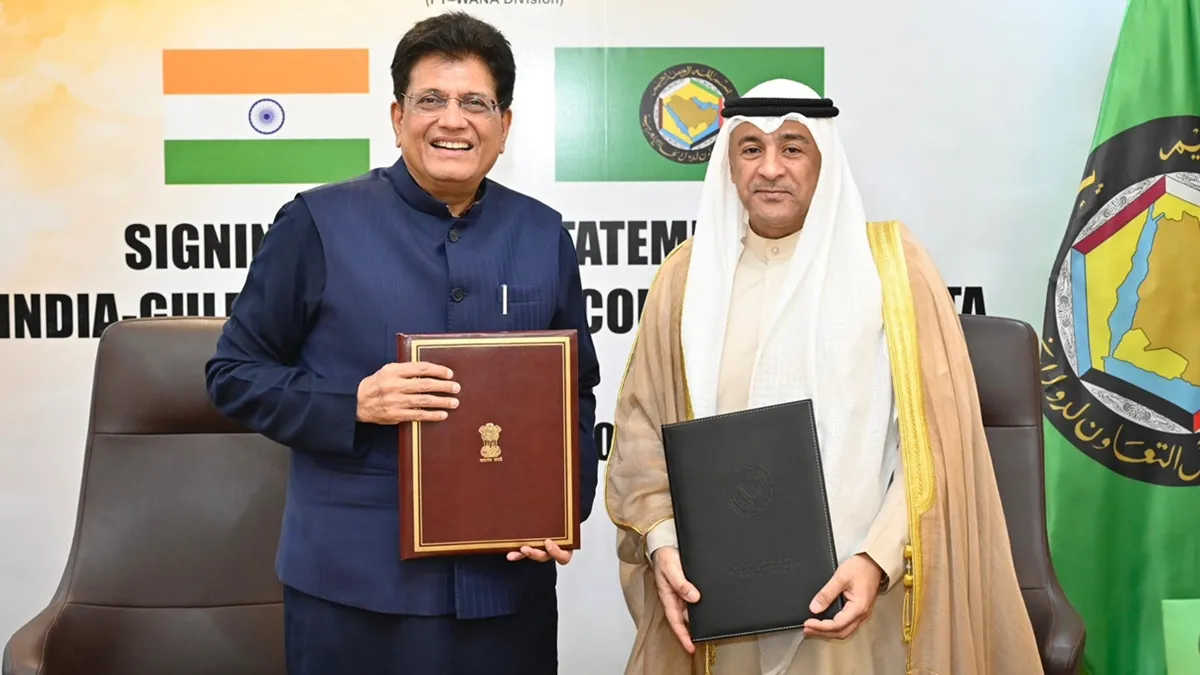The 47th ASEAN Summit, held in Kuala Lumpur from 26–28 October 2025 under the theme “Inclusivity and Sustainability,” gathered ASEAN leaders and global partners. Malaysia, as ASEAN Chair, led talks on regional unity, growth, and stronger cooperation.
A landmark achievement during the summit was the signing of the ASEAN-China Free Trade Area (ACFTA) 3.0 Upgrade Protocol on 28 October 2025. Chinese Premier Li Qiang and Malaysian Prime Minister Dato’ Seri Anwar Ibrahim witnessed the historic signing ceremony ahead of the 28th ASEAN-China Summit. Chinese Commerce Minister Wang Wentao and Malaysian Minister of Investment, Trade and Industry Tengku Zafrul Abdul Aziz signed the agreement, with ASEAN Secretary-General Dr Kao Kim Hourn receiving the document on behalf of the regional bloc.
The official ASEAN social media account X proclaimed the significance of this development, stating: “The ACFTA 3.0 marks a major step forward in ASEAN-China economic ties, reflecting a strong, shared commitment to deeper cooperation and regional prosperity”
The ACFTA 3.0 upgrade represents the latest evolution of the free trade partnership that commenced in 2002 and was fully implemented as Version 1.0 in 2010. The Version 2.0 protocol, signed in 2015, came was fully implemented in 2019. Following the commencement of negotiations in November 2022, the successful conclusion of ACFTA 3.0 talks was reached in May 2025, culminating in the formal signing at the Kuala Lumpur summit.
The upgraded agreement expands cooperation into nine comprehensive areas, encompassing both traditional and emerging sectors. These include digital economy, green economy, supply chain connectivity, standards and technical regulations with conformity assessment procedures, sanitary and phytosanitary measures, customs procedures and trade facilitation, competition and consumer protection, small and medium-sized enterprises, and economic and technical cooperation. This expansion signifies a strategic shift beyond traditional trade and investment liberalisation to embrace high-potential fields aligned with contemporary economic priorities.
Premier Li Qiang announced substantial initiatives to bolster cooperation, including additional capital injection into the ASEAN-China Cooperation Fund, the establishment of the ASEAN-China Digital Academy, construction of a cooperation platform on artificial intelligence, and the creation of a centre for maritime development and technology cooperation. He emphasised China’s readiness to strengthen alignment of development strategies with ASEAN countries through effective implementation of the Plan of Action to Implement the ASEAN-China Comprehensive Strategic Partnership (2026-2030).
The digital economy represents a particularly significant component of the upgraded agreement. The ACFTA 3.0 framework provides small and medium-sized enterprises with wider and smoother access to both Chinese and ASEAN markets through digital platforms, enabling what officials describe as “local creation, regional expansion.” Industries positioned to benefit early from the upgrade include food, agricultural products, tourism, logistics, and digital e-commerce sectors.
The green economy integration within ACFTA 3.0 reflects shared commitment to sustainability and climate priorities. The agreement facilitates cooperation in developing sustainable economic practices whilst supporting regional efforts towards environmental protection and renewable energy advancement.
Trade relations between China and ASEAN have flourished over the past two decades. China has maintained its position as ASEAN’s largest trading partner for 16 consecutive years, whilst ASEAN has been China’s top trading partner for the past five years. Bilateral trade reached USD 982.3 billion in 2024, representing a seventeen-fold increase since the agreement’s inception in 2002.
The Chinese Ministry of Commerce stated that following the signing of the protocol, both sides will proceed with their respective domestic ratification procedures to facilitate the agreement’s early entry into force and implementation.
The agreement received positive assessments from regional stakeholders. Tan Kar Hing, deputy chairman of Malaysia’s Centre of Regional Strategic Studies, noted that local small and medium-sized enterprises can now connect directly with regional markets through digital platforms. Suwat Techawatanawana, executive vice president of Thailand’s Kasikornbank, highlighted that the upgrade will serve as a strong starting point for developing the digital economy, e-commerce, green economy, and sustainability, ultimately fostering connectivity amongst participating countries.
The 47th ASEAN Summit concluded with Malaysia handing over the ASEAN Chairmanship to the Philippines on 28 October 2025, marking the culmination of Malaysia’s leadership of the regional bloc. The Philippines will host the next ASEAN Summit in 2026.

